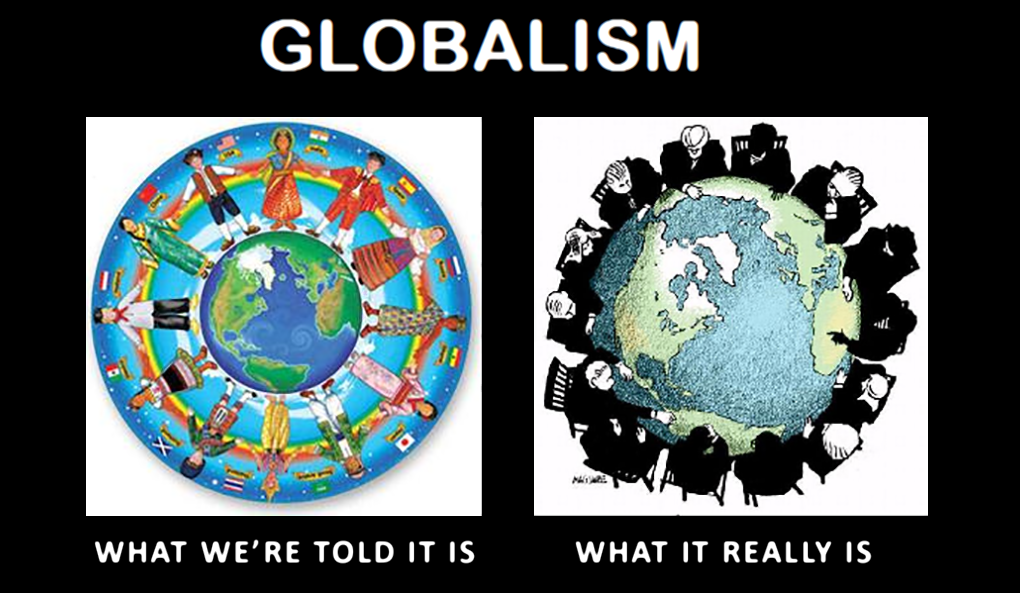Globalism – and their political parties (Part 2)
In breach of the Constitution’s original clause (now altered) that describes the illegality of working towards placing Norway under the governance of a foreign power, several parties have a desire to place Norway under EU’s directions. Despite the people having said “no” to EU under two public elections, Norway was still placed under the EU’s central directives. As the organization “No to EU” writes in their EU guide: “Governance over numerous new areas are being transferred from the nation states to EU” [1].
The EU and Schengen deal is based on a free flow principle internally within the union. This is a liberal economists dream, but the EU has delivered neither security nor economic progress, as described in an article by Christian Anton Smedshaug [2].
Without securing outer borders there is no guarantee for the economy or welfare systems to be sustainable, which has been evident in the last few years.
It is possible to have a healthy political, military, economic and technological cooperation in the Nordic countries and in Europe (and globally) without being subject to a union that overrules the economy, currency, and interests of all member countries. Dr. Paul Craig Roberts describes the EU as Washington’s original desire in the post-war years to make “One Ring To Rule Them All” [3]. In other words, it is easier and cheaper to affect one union and its servants than 28 sovereign nations and their various politicians.

Above: Economy professors like Yanis Varoufakis, Joseph Stiglitz and Paul Craig Roberts have written about the problems globalizing has had for the societal economy and democracy.
Overruling is more difficult if the people of each nation is informed about affairs within the political arena and can vote directly on cases that affect the commons. This also requires that each country’s media, in fact, is critical and investigative towards world affairs, instead of just redistributing information from a few established or unknown sources.
On the other hand, to avoid nations becoming too sovereign, or achieving a too conscious population, it is apparently some important moves that can be executed.
One of the moves is to label anyone who attempts to stand up for the sovereignty of one’s country as an ultra-nationalist, xenophobic, extreme rightwing or some other negative term. Today, claims and labels seem to matter more than do arguments. Yet, what should matter most; abstract labels or ending up with the situation that the people of the US or several EU countries as described above?
Another move is to make politicians and actors within media more obedient to external parties than to the people they were supposed to provide services to. Big media actors have supported the war machinery by fronting unproven claims about, among others, weapons of mass destruction, acts of terror or hacking. By repetition, claims are attempted to be transformed into truth.
When free flow and open borders haven’t gained the overall population in the EU, why should more of this be better? When a shadow government seems to have taken control over the world’s largest military power, why shouldn’t it succeed in taking control over EU or the power center in the globalist’s future scenario?

There seems to be more hope and will power that would gain Western nations as a whole in the newer alternative political parties and in some cases opposition parties. This, instead of the larger established parties that knowingly or unknowingly embrace the course towards globalism where society, in the long run, is being milked. If nation states, the constitution, the people and the media don’t manage to stand up against this, any nation will be yet another vassal state without sovereignty and without a sustainable economy.
Sources:
[1] “No to EU” on transfer of suvereignity to the EU (Norwegian)
[2] Christian Anton Smedhaug on the failed promises of the EU (Norwegian)
[3] Dr Paul Craig Roberts on the EU: “One Ring To Rule Them All”
